People with diabetes often, if not always, want to know what they can eat and what they cannot. They want to know dietary modification for their health condition but are lost about who they should count on. Well, just to ease your trouble. Here are some basic principles, applied with basic cooking knowledge and common sense according to the situation which one can find very useful.
Foods which people with diabetes should consider eating:

Grains
These are the main source of energy for the body; they are whole grains, like whole wheat flour which has enough barn, unpolished rice. It looks red in colour. White rice is a definite no-no. Oats, ragi and bajra are other grains commonly used and for sure, usable. The quantity of these grains will have to be decided by the body weight; it will be less if the body weight is high, and vice versa.

Pulses (dals)
These are an important source of protein in Indian diet, especially for the vegetarians. The quantity again will be decided according to patient’s requirement, which will be determined by the doctor.

Milk and milk products
Milk is consumed in many ways in day to day life namely as milk itself, as curd, buttermilk, with coffee and tea, or even as cottage cheese (paneer). It is recommended to use about 500ml of low fat milk per day per for people with diabetes in any of the above forms. Milk should be low fat milk whose fat content is 0.8% to 1.6%.

Vegetables
Vegetables give us the lowest calories for a given weight. All vegetables which are green in colour can be eaten and in whatever quantity so as to feel full. Root vegetables like potato are not to be taken. Other vegetables which are not green in colour can be taken in small quantities.

Oil
Cooking oil is to be used to a minimum of two teaspoons (10ml) and a maximum of four teaspoons. Almost all oils are the same, although these days everyone talks of olive oil. One can do away with any oil according to their dietary custom.
Fruits
People with diabetes and/or are obese have to restrict fruit intake. All fruits in small quantities is admissible. Better to avoid banana, chikoo, mangoes and grapes. They can eat orange, sweet lime, watermelon, pears, apples and other seasonal fruits. An approximate quantity is about half an apple or half an orange two to three times a day.

You May Also Like: 16 best and worst foods for Diabetes
Foods that can and should be limited or avoided:

Beverages
Coffee, tea and other hot beverages are consumed as a routine. They can be taken in limited quantities, without adding sugar, and milk added from the allowance as mentioned above.

Non-vegetarian food – Fish and Meat
Anything in a limit is never harmful. But choose wisely. Fish and meat too can be taken in limited quantity. Red meat though, is better avoided.

Alcoholic Beverages
Though articles that talk about health benefits of alcohol keep coming up, there is no sufficient evidence to convince non-drinkers to drink alcohol for better health. Obese and diabetics may have an occasional drink about once a week in limited quantities when they are in good health but should avoid it altogether when they are are not well.
You May Also Like: Simple ways to control your sugar intake
Other important points to note:
- Timely eating: It is recommended to eat small portions of food every 3 hours approximately. This prevents low blood sugar and weight gain. It is advisable to start with a small snack at about 5-6 am, breakfast between 8-9 am, snack at about 11 am, lunch between 1-2 pm, snack around 5-6 pm, dinner around 9 pm and a small snack before bed, if required.
- Prevention of blood sugar fluctuations: It is very important to prevent low blood sugar status. The following measures should be done in a proactive way, which means that you should always remember that low sugar will occur if you don’t take preventive steps – firstly, timely meals as advised above; secondly, no fasting; thirdly, eat before you do any rigorous exercise; and fourthly, adjust or reduce anti-diabetic medications during sickness.

Symptoms of low blood sugar: Initially, one feels very hungry, and then other symptoms follow, like palpitation, sweating, giddiness, slowly going on to unconsciousness and, if not treated promptly, one may lose life also. Sometimes patients can directly become unconscious without going through all the other symptoms. Keep yourself under constant check:
- Self monitoring blood sugar
- Annual health check-up
- Monitoring for complications of diabetes
- Monitoring for associated medical conditions
So there you go – a guideline to what you may eat, should avoid and which to stay well away from if you are diabetic. But, mind you, this is just a guideline to help control diabetes. However, professional help is recommended. Get an expert nutritionist to design a diet for you if need be. Most importantly, remember to workout keeping your health condition in mind. We hope this article has helped you. If it did then don’t forget to like and share. Any thoughts can be shared with us in the comment section below.


 Traqade
Traqade
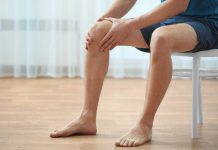



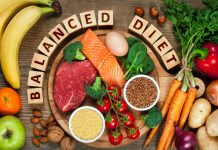

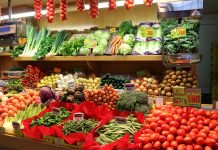

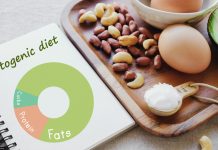

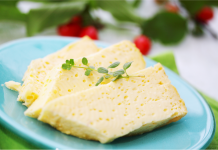







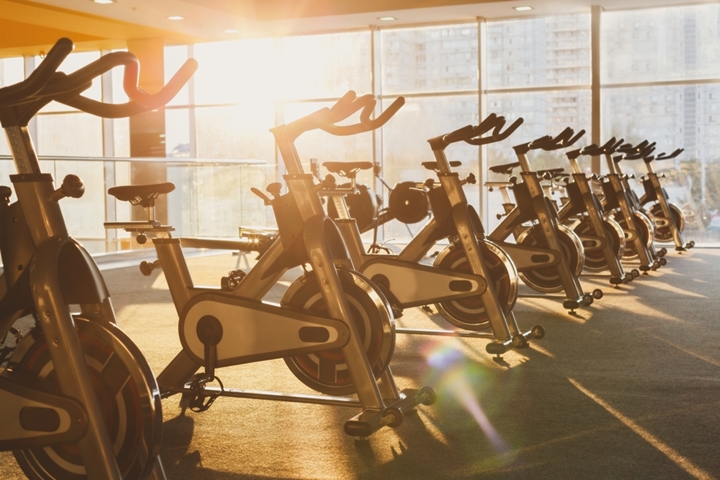

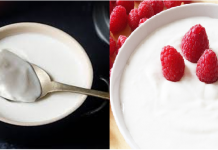

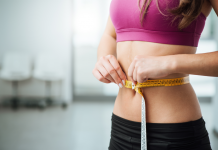









These foods are all very good in the process of losing weight.
Bu yaxınlarda https://mostbet-aze45.net/aviator/ saytında onlayn mərc dünyasına qərq oldum. Mostbet-in çoxşaxəli xüsusiyyətləri və istifadəçi dostu interfeysi ümumi onlayn mərc təcrübəsini artıran cəlbedici platforma yaradır və onu həm həyəcan, həm də etibarlılıq axtaran həvəskarlar üçün əla seçim edir.